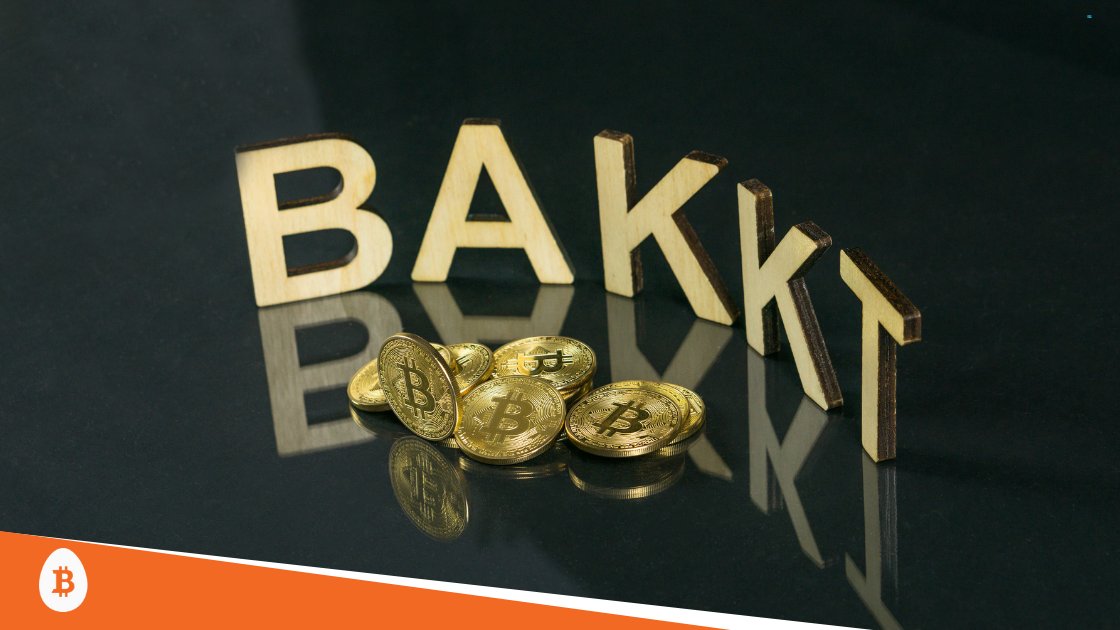At press time, cryptocurrency prices are trapped in a downward slump that has seemingly lasted more than 13 months. Beginning in January 2018, bitcoin – which had previously been trading for over $19,000 – began experiencing drops that ultimately caused the currency to lose over 80 percent of its value and slip into the $3,000 range last November. Bitcoin went from a year of consistent gains in 2017 to some very big losses, and thus far, the trend has refused to let up…
Big Things Keep Happening
But that hasn’t stopped developments in both cryptocurrency and blockchain from entering the market. Among the biggest ones that enthusiasts have shown excitement for are Bakkt – a new trading platform designed to ease conditions for retailers willing to accept cryptocurrencies as payment – and Fidelity Investments, who’s new crypto custody division has opened for business.
First introduced last August, Bakkt has endured something of a “rocky” debut. Though rumors swelled in October 2018 that the platform would emerge for business the following month, things remained on hold until last January, when Bakkt launched its bitcoin futures trading.
How It All Works
The project is a joint venture between the Intercontinental Exchange (ICE), coffee king Starbucks and leading software company Microsoft. Bakkt is slated to provide new scalable trading options for institutional players interested in cryptocurrencies, along with regulated custody services to properly store customers’ BTC funds. By attracting institutional investors, Bakkt may bring bitcoin a level of legitimacy it’s only dreamed of and usher in waves of new money that could potentially lead the bulls back to the crypto pasture.
Bakkt will also allow retail players to have greater stakes in digital assets. While customers will not actually purchase items with cryptocurrencies, Bakkt will convert these assets into fiat to alleviate the threat of volatility and enable corresponding sales.
Some Added Benefits
Bitcoin sold on Bakkt will be added to custody, ensuring funds remain safe and secure. Bakkt futures contracts are also alleged to be settled within 24 hours, meaning whatever bitcoin is purchased is usually part of one’s stash the next day.
All this could bear huge potential for the crypto market. For starters, the bitcoin futures daily volume for both CME and BCOE combined is hovering at around 9,000 BTC. Institutional volume could expand greatly through Bakkt to rival even the totals held by global exchanges. In addition, investors could transition their activity from OTC markets to Bakkt given the latter’s stronger clarity and security regulations. This can lead to less volatility and greater liquidity.
Bakkt will also offer regulated initial coin offerings (ICOs). ICOs became a major source of concern in 2018. Many have proven fraudulent or phony over the last 12 months and have resulted in more than $500 million worth of investors’ funds being stolen. Thus, organizations like the Securities and Exchange Commission (SEC) have taken a much firmer position in the establishment of ICO regulations and are dishing out some big punishments to companies that don’t play by the rules.
Bakkt is slated to attract more capital funding through ICOs by enforcing stricter laws surrounding trading and selling practices.
A New Way to Trade Crypto
On the other side of the coin is Fidelity, which is also slated to assist the cryptocurrency market through the release of its new trading division devoted to cryptocurrencies. Known simply as Fidelity Digital Assets, the company will offer institutional players custody services similar with those of Bakkt. It will also provide professional advice and a fully-regulated crypto trading platform.
Fidelity’s crypto branch came to fruition last October. While it only covers about five percent of the $7.2 trillion in assets the company presently handles, that amount still surpasses $350 billion.
Paving the Way for the Future
BKCM CEO Brian Kelly believes that Fidelity could set two trends. The first is that it will attract more institutional players to the field with the appeal of hedge funds, endowments and pension plans. Fidelity is giving a “stamp of approval” to an otherwise widely speculated asset class, which could alleviate some of the fear and hesitation amongst professional traders.
The second is that other investments firms may decide to take on cryptocurrencies and offer similar services to their own customers, which could expand the market even further. Kelly explains, “Custody has been a very big hurdle, and having somebody like Fidelity put their stamp on it and say, ‘yes, this is a new asset class and we’re going to custody this’ – I believe they even said they have some insurance… That is a step closer.”







 3,500+ 5-Star Reviews
3,500+ 5-Star Reviews